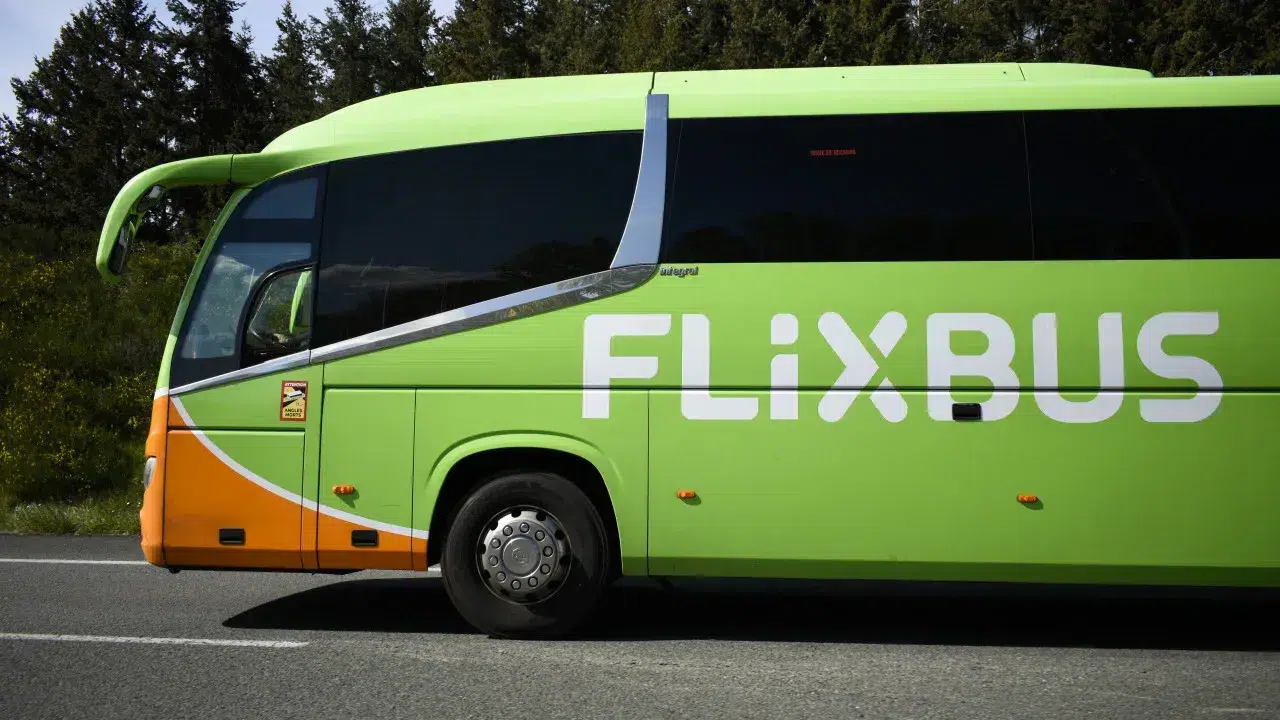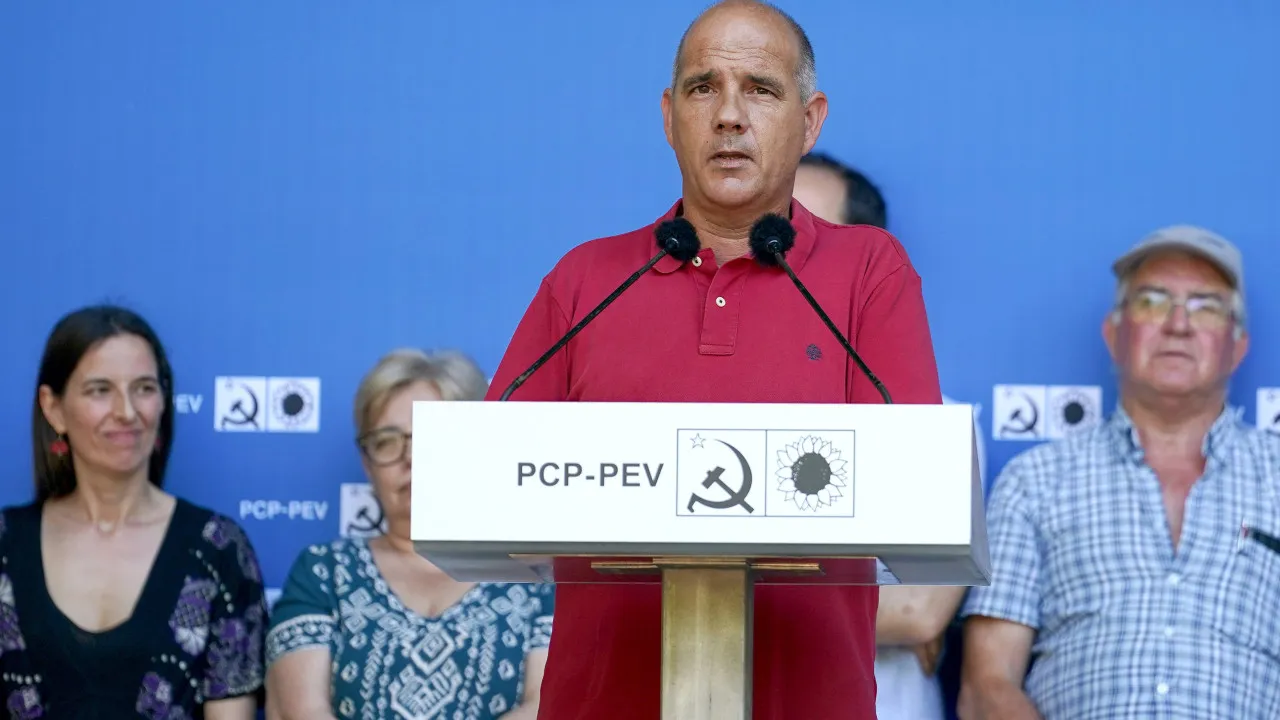
The transportation company FlixBus has introduced the first double-decker buses in Portugal, marking a debut for domestic routes within the country.
In total, four double-decker buses will be integrated into FlixBus’s domestic network, primarily serving nighttime routes between Braga and Porto to the Algarve.
With seating capacities of 77 and 79, these buses significantly increase the number of available seats per journey, enhancing operational efficiency and sustainability, especially during peak demand periods, the company stated.
This launch is the result of an investment of approximately two million euros by Simply Travel, an operator in the Algarve region and one of FlixBus’s 15 partners in Portugal. The transport company employs a business model that operates in collaboration with local operators, mostly small to medium-sized businesses.
The first two buses commenced operation on July 3rd on FlixBus’s new route connecting Porto (airport and Campanhã) to Lagos. This route also covers the Alentejo interior, linking the cities of Montemor-o-Novo, Évora, and Beja to Faro, Portimão, and Lagos.
Setúbal, a recent addition to the operator’s domestic network, is also included in the new FlixBus route, alongside Montemor-o-Novo.
In addition to the Algarve connection, these cities now have nighttime links to Lisbon, Coimbra, and Porto (Campanhã and airport). The new nighttime line starts with two daily connections, one in each direction, addressing the high-demand link between these Alentejo cities and the Algarve.
Tiago Cavaco Alves, FlixBus’s operations director in Portugal, affirmed the company’s ongoing investment in the country.
“In terms of offerings, we are strengthening both domestic and international operations to meet the rising demand, especially for connections to the Algarve, a favored holiday destination for Portuguese and international tourists,” he emphasized.
“The direct line we recently launched between Vigo and Faro reflects the substantial domestic and international demand. Nationwide, the rising demand is evident, with the company offering 170 daily connections between Lisbon and Porto during summer, or 85 in each direction, to accommodate this increase,” he added.
Reflecting on the first half of the year, Tiago Cavaco Alves reported a very positive outcome despite ongoing challenges in accessing terminals, such as the denied access to Sete Rios, despite a favorable decision from the Mobility and Transport Authority (AMT).
“We anticipate developments in the Government’s program, which aims to remove all barriers related to the use of terminals and stops,” he highlighted.
“We are keen to see what this means in practice, as these access restrictions negatively affect the quality and viability of this essential public transport service for the country,” noted Tiago Cavaco Alves.




